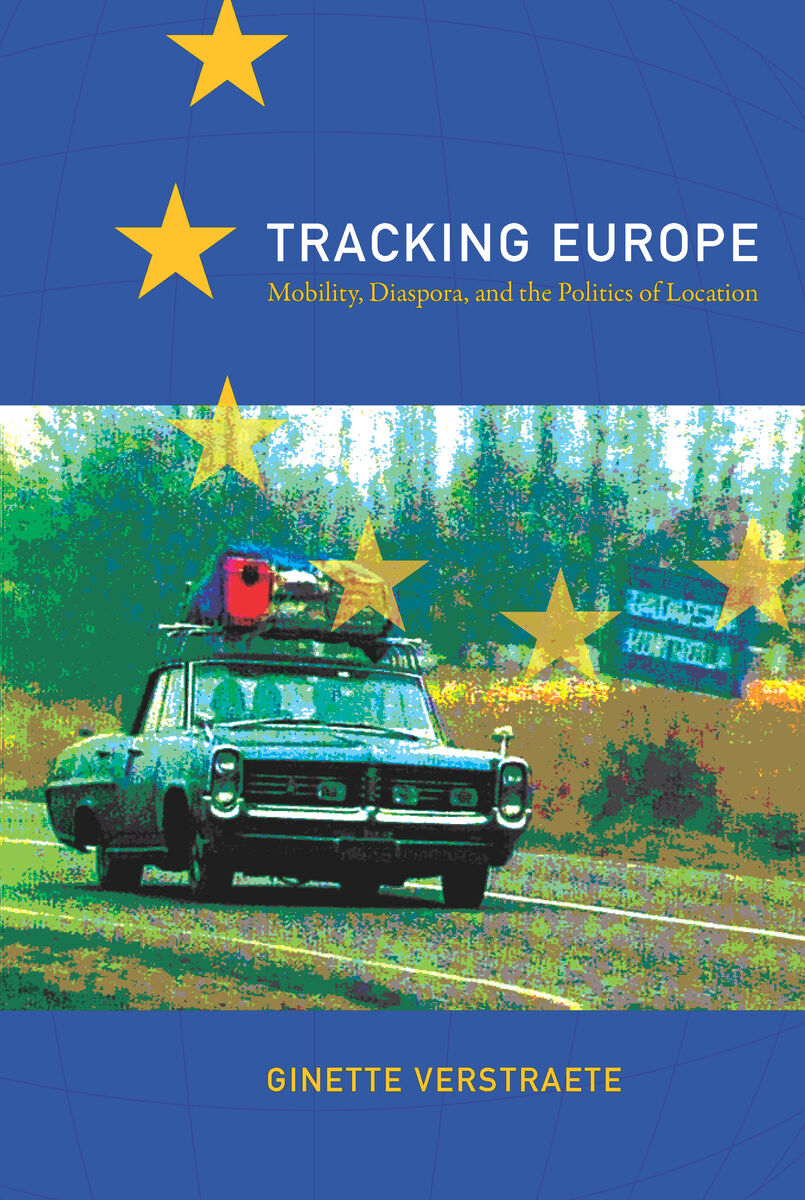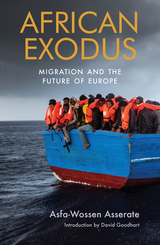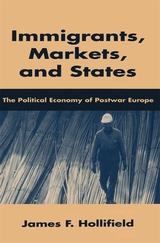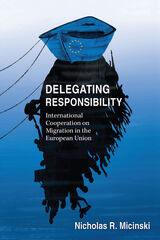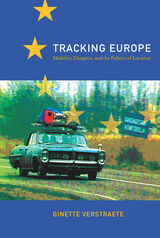Cloth: 978-0-8223-4563-3 | Paper: 978-0-8223-4579-4 | eISBN: 978-0-8223-9136-4 (standard)
Library of Congress Classification JV7590.V474 2009
Dewey Decimal Classification 304.8094
In demystifying the old and new Europe across a multiplicity of texts, images, media, and cultural practices in various times and locations, Verstraete lays bare a territorial persistence in the European imaginary, one which has been differently tied up with the politics of inclusion and exclusion. Tracking Europe moves from policy papers, cultural tourism, and migration to philosophies of cosmopolitanism, nineteenth-century travel guides, electronic surveillance at the border, virtual pilgrimages to Spain, and artistic interventions in the Balkan region. It is a sustained attempt to situate current developments in Europe within a complex matrix of tourism, migration, and border control, as well as history, poststructuralist theory, and critical media and art projects.
See other books on: Diaspora | Foreign countries | Location | Mobility | Tourism
See other titles from Duke University Press
